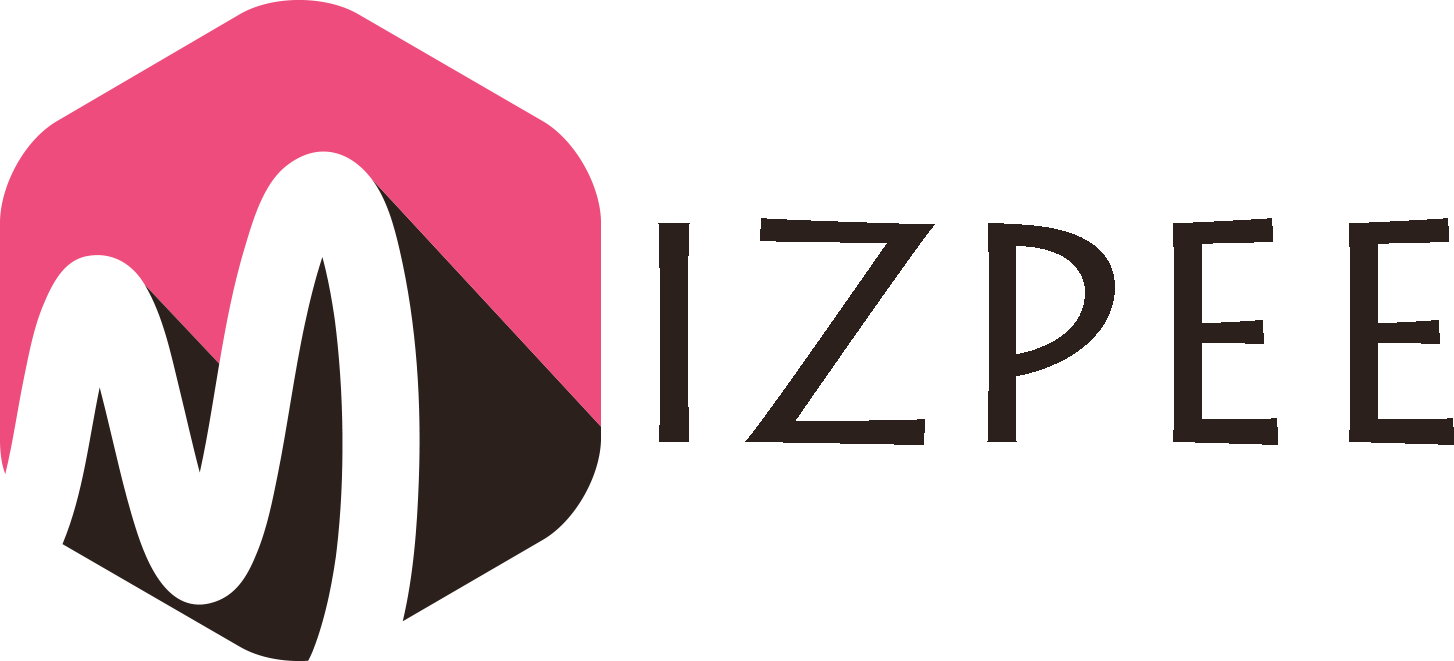PCB’s have made the old circuit boards obsolete – previously, early circuits consisted of a breadboard that components would be attached to, using physical wires to link them together. PCBs are manufactured with traces already etched into the board, with components then soldered into the appropriate place. And PCB’s are in everything today, from consumer products to industrial machines and even medical devices in the modern world. There are many benefits of using a PCB or working with a PCB design team when designing a product. These include:
#1. Cheap to Produce:
PCBs are relatively cheap to produce at volume, making them ideal if you are designing a product that will need to be mass-produced. They are easy to automatically assemble, and you don’t need to be or hire an expert – hobbyists can easily design and build a PCB with the right tools and knowledge.
#2. Reduces Design Flaws:
If you use a PCB printed circuit board, having industry experts or working with a reputable design tool enables you to see and assess your plans in order to spot any factors that could be improved when it comes to your products. Using PCB design specialists may be an advantage if you want to get a new perspective on issues, which can help you to resolve and complete products faster, but this is also possible by yourself with the right amount of research. Since design flaws do occur from time to time, it’s important to ensure that they are reduced in order to produce the best final product for your customers.
#3. They’re Versatile:
Whatever you’re designing, a PCB is a great choice simply because of how versatile they are. PCBs are in pretty much everything these days. Most commonly, they are found in consumer electronic products such as smartphones, TVs, laptops, tablets, and much more – so if you’re designing a new consumer electronic product like a smart home device, then PCB design is the obvious choice. However, they can also be used in many more products, including industrial machines that require PCBs that are sturdy enough to withstand physical and chemical stresses, and medical devices such as pacemakers which require a very high PCB standard.
#4. They are Accessible:
Whatever you are designing, PCB design is extremely accessible – and since it’s easy enough for hobbyists to design and build a PCB using design software and online tutorials, it’s an ideal choice for anybody who is looking to put together a product prototype on a budget. If you are hoping to turn your product idea into a reality and get a good idea of how it would work first before you spend money on hiring professional manufacturers, using PCB design is one of the best ideas.
#5. They’re Compact:
Finally, in comparison with older breadboard circuits, PCBs are far more compact, thanks to the use of internal traces. This makes them an ideal choice for smaller products, particularly personal consumer electronics such as smartwatches, fitness trackers, and smartphones.
What will you design using PCB software?


